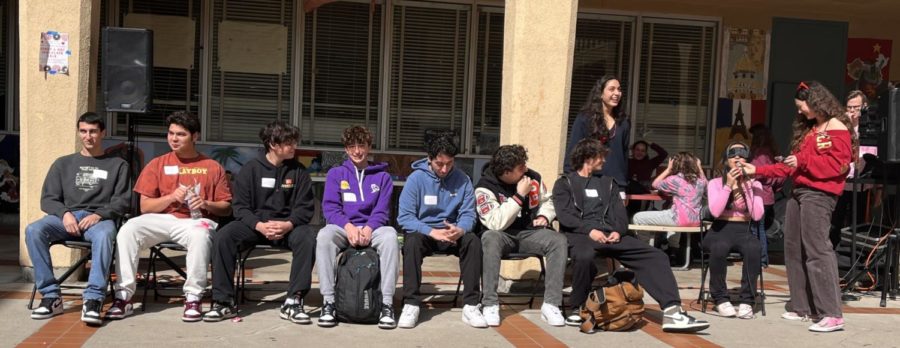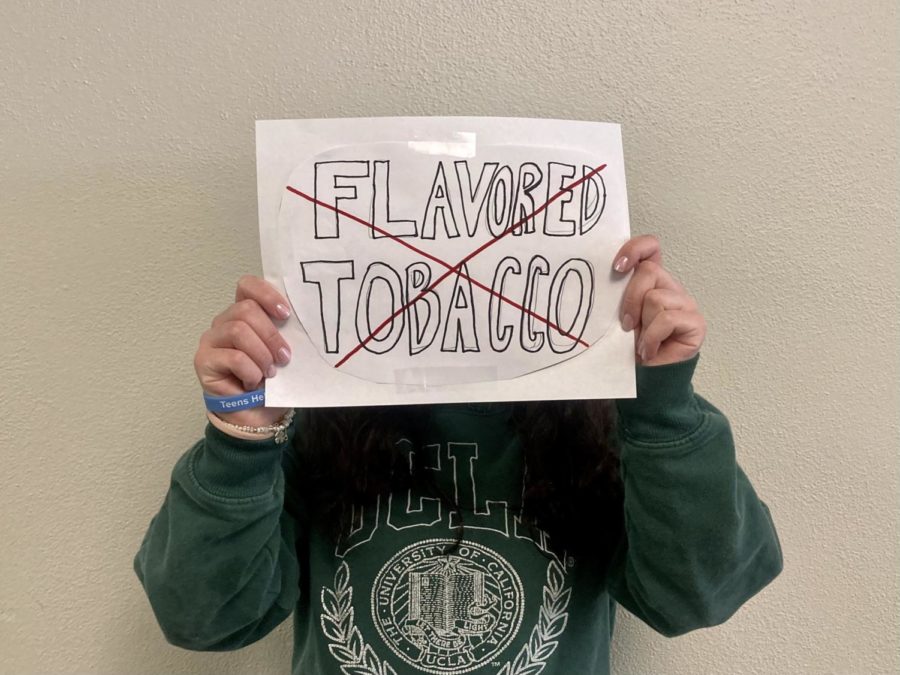Sam Bernstein managing editor
Catherine Gagulashvili copy editor
Mikaela Rabizadeh media editor
On Friday, Aug. 24, the teachers union, known as the Beverly Hills Education Association (BHEA) embarked on a “work-to-contract” period that will last through the entire fact-finding portion of the contract negotiations for the 2017-18 and 2018-19 school year. At the latest, fact-finding will conclude on an unspecified date in late September.
“It’s not a strike, but it’s right below that. They are basically choosing not to do the things that aren’t specifically mentioned in their contracts,” senior student board member Sean Toobi said. “So things like office hours, working outside of class, that’s not in their contract and they’re not obligated to do that, and they’re just deciding not to do those things right now.”
The teachers in the union are permitted by California law to participate in a work-to-contract during the latter half of an impasse, the fact-finding period. Fact-finding occurs if the former mediation fails to succeed in getting both parties to negotiate. This period entails the involvement of three neutral representatives, one from each party and one from the state, to sift through all documents produced in the negotiation period and to give their recommendation to both parties as to what conclusion to come to.
Union representative and history teacher Dan Moroaica is certain that the action will ultimately benefit the students, rather than hurt them. As the father of three children, Moroaica was paying over $10,000 out of pocket after receiving the district’s healthcare benefits.. With health benefits $6,000 below the LA Country average, the teachers are looking for an increase on the salary level to compensate.
“The argument is that until we should be given respect at the contract level; we need to show how much we do without being paid. And unfortunately, people don’t realize what you do until it’s gone,” Moroaica said. “It’s going to hurt in the short run, but this is actually good for Beverly and its students because we are trying to fight for what’s a fair contract in terms of pay and benefits. And if we have a fair contract, we can attract the best [and] brightest to Beverly. We can keep the good teachers at Beverly.”
However, Executive Director of Human Resources Luke Pavone argues that the teachers are being unprofessional for putting the students at a disadvantage.
“We went into this career to work with students and children regardless of what may happen between the union and the school district. To me, you should not take it out on the kids,” Pavone said. “To me, it’s a professional obligation and a responsibility regardless of what the union and the district are trying to accomplish right now. It’s a matter of professionalism, and so it’s disappointing when I hear that [teachers] won’t write letters recommendation because I do feel that that’s part of being a teacher.”
In 2014, the district and the union agreed upon a salary formula that would give teachers consistent raises and would therefore limit the need for negotiations over the labor contracts. The district, in its 2017-2018 labor negotiations, wanted to remove the salary formula, a formula that works hand in hand with Beverly Hills property taxes collected by BHUSD. In the current salary formula, 45 percent of new property tax revenue is district controlled. The other 55 percent must go toward raising salaries. This ensures that a portion of revenue from said taxes go toward teachers’ salary increases.
The district made its final offer of a 9 percent increase in salary over three years (3 percent in 2017-18, 3 percent in 2018-19, 3 percent in 2019-20). The district’s reasoning behind this is that these increases will potentially be more than what educators are projected to receive from the salary formula. However, the union has adamantly requested that the district continue to use the salary formula.
“I would like to go on record that I regret voting for the salary formula. I voted for it because I thought it would put an end to the tug-of-war of negotiations. [I thought] that there would be money built in and goodwill on both sides. We would stop bickering and being petty,” school board President Lisa Korbatov said at the Aug. 28 school board meeting. “And you know what happened? It got worse…It took away the natural equilibrium of give-and-take for negotiations, which is critical.”
Vice President of the Board of Education Noah Margo, on the other hand, feels that the conflict boils down to budget and can be avoided with open discussion.
“Teachers deserve to be paid highly. I don’t think anyone disagrees with that. It’s just a matter of what one side feels we can afford and what the other feels can be allotted. I was a classroom teacher for 10 years and can honestly say teachers on a national level do not make enough,” Margo said. “But we all knew that before going into the profession. If we can continue to talk and be reasonable, we should be able to end this stand-off.”
However, while Margo claims to encourage conversation between the board and the union, Union Representative and science teacher Christopher Bushee feels they have failed to do so. Bushee insists that the district is unwilling to compromise or abandon their “my way or the highway mentality.”
“This is not right. We’re going to stand up for our rights. We’re going to let the community and our school district know that we stand for productive dialogue and fair compromise on all of the issues at the table. We’re not going to have anything shoved down our throats and then expect us to act like nothing happened,” Bushee said. “It’s the most inefficient, messed up, arcane, unproductive process you can imagine. We’re not talking to each other. We’re talking past each other with a mediator.”
Bushee stressed the amount of time teachers spend outside of their contractual obligations.
“All of the extra stuff that I’ve been doing just because I love my profession, what I’ve been doing for free, I’m going to use that time instead to support my union. I’m going to use that time instead to be making signs for picketing. I’m going to use that time instead to be writing letters to the editor of the newspaper. I’m going to use that time instead to engage in solidarity activities with my members. I will find a different way to structure that time in a way that strengthens our union and the profession that we stand for.”
In response to the aftermath of the union action, students aired their grievances to the district as well. During the board meeting on Aug. 28, junior Tohar Zamir criticized the board for acting like a “unilateral oligarchy.”
“The main function of a city government is not to dictate to the people, but to be dictated by the people,” Zamir said. “As a coalition of elected officials, the school board owes its constituents and their children the resources they require for a public school.”
Other students, such as senior Adriel Ghadoushi, pleaded for expedited harmony between the board and the teachers, in hope that their education will not suffer at the expense of the matter.
“I have teachers who want to help me, I see it in their eyes. They really want to help me, but they can’t. It’s not their fault, and it’s not your fault. It’s just something we have to come together and work on,” Ghadoushi said. “It’s not fair for this to happen to the students when it’s not in our hands. I really urge everyone in the community and the board members here today, please come together and find a solution for the sake of the whole district.”
Timeline
Jude Binkley staff writer







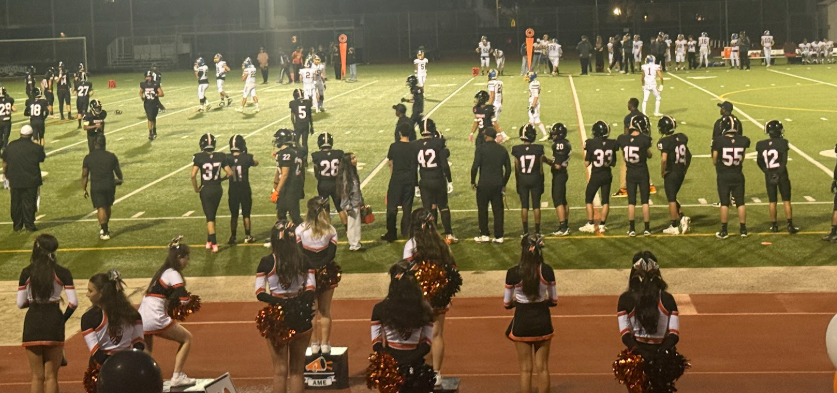
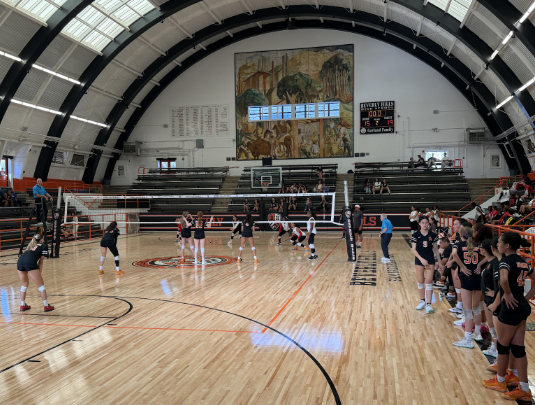
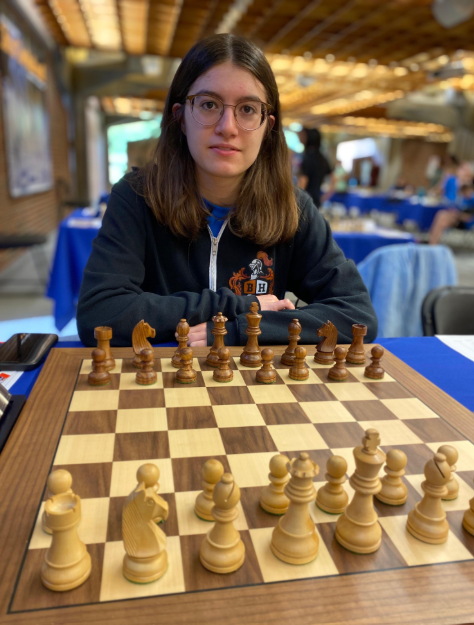










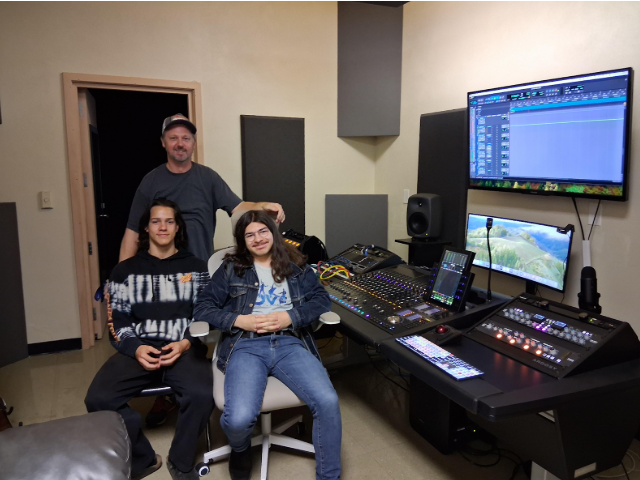
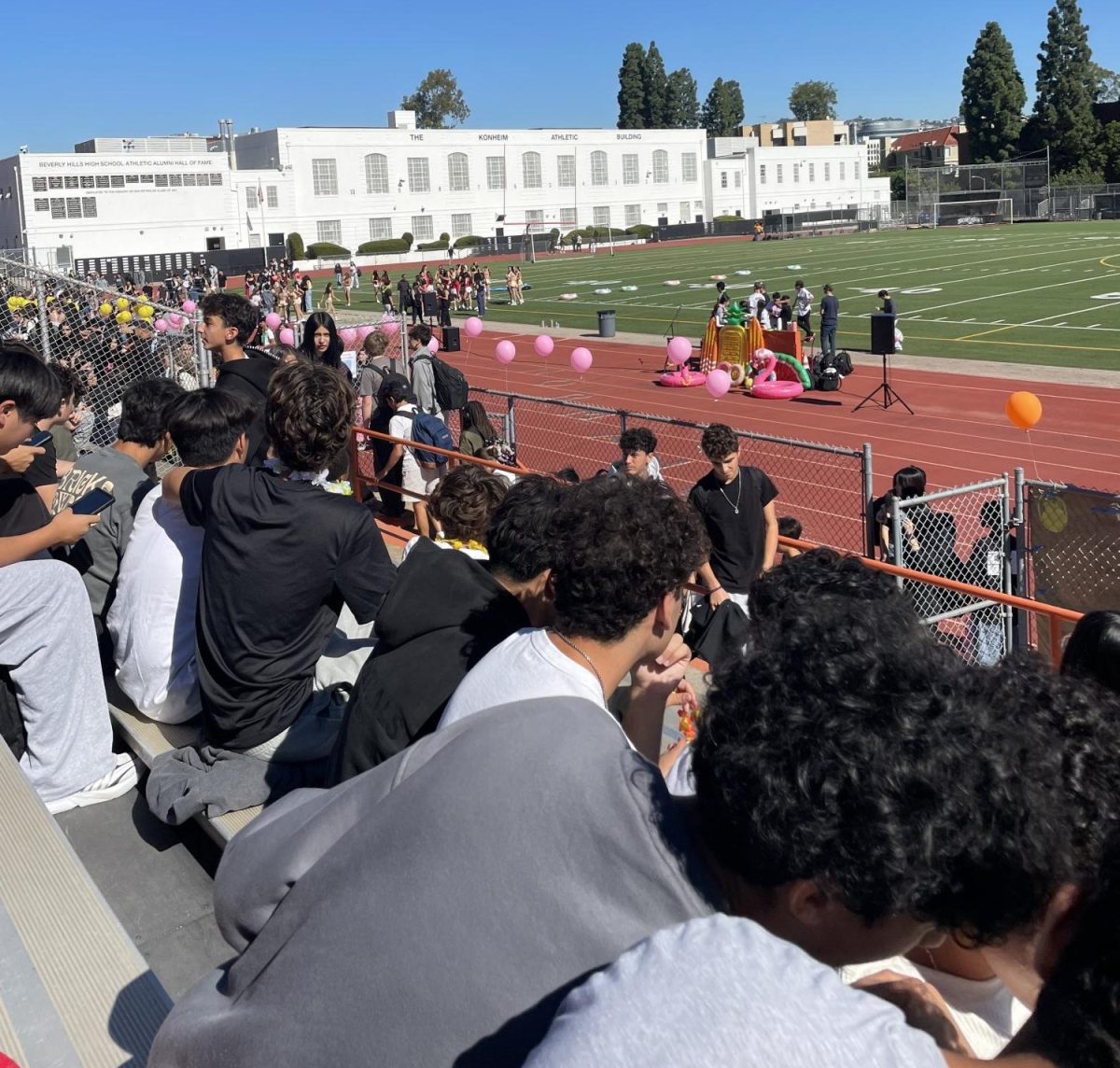
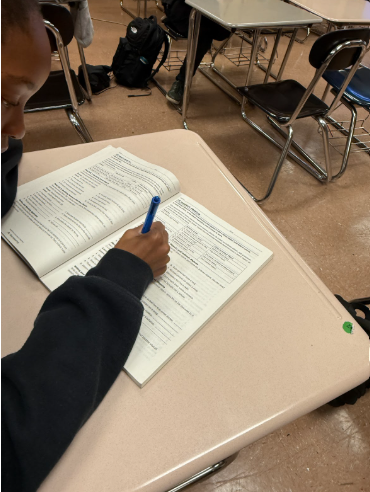







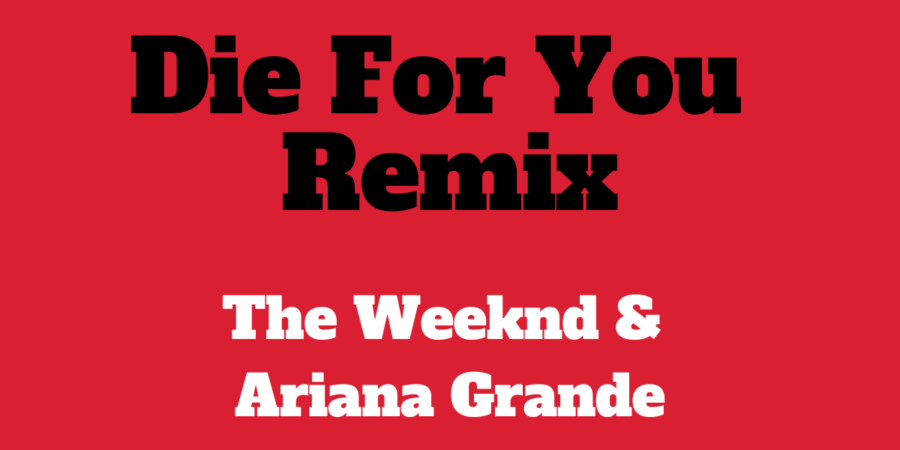

![Sophomores Jurnee Burrell-Williams and Bao Dang take cover during the lockdown (staged). “We both kind of didn’t know [what to think],” Dang said. “They usually send drill messages before.”](https://beverlyhighlights.com/wp-content/uploads/2023/02/E8D27FA0-AB24-4A26-9745-F7EEFF48FA93-900x736.jpeg)
